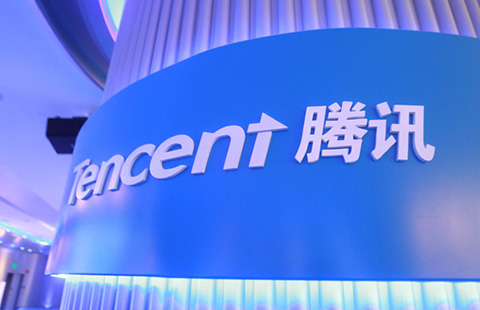Overseas bank purchase marks first for China
By Wang Xiaotian in Beijing and Shao Wei in Urumqi (China Daily) Updated: 2012-07-05 10:34An Urumqi-based company has become the first Chinese private enterprise to acquire a commercial bank overseas, marking a milestone in domestic private businesses' overseas diversification.
Xinjiang Hualing Industry and Trade (Group) Co Ltd has acquired a 90 percent stake in Georgia's JSC Basisbank, the company said on Tuesday in Tbilisi, the Georgian capital.
The European Bank for Reconstruction and Development and Zurab Tsikhistavi, the bank founder and supervisory board chairman, will each retain 5 percent stakes, Xinhua News Agency reported on Wednesday. And Tsikhistavi will continue to lead the bank's supervisory board.
Hualing will invest nearly $100 million in the bank, change its name to Hualing Bank and operate a financing business in Tbilisi and Kutaisi, Georgia's second-largest city, where Hualing has invested in a local industrial zone.
"Investing in Eastern Europe is a good choice as the market-oriented transition there has been relatively quick," said Huo Jianguo, director of the Chinese Academy of International Trade and Economic Cooperation.
He said private enterprises' moves to diversity their business overseas are mainly a result of the still high threshold in the Chinese market. "It would be quite difficult for a non-financial company such as Hualing to set up a bank in China. Therefore these businesses have to turn to the overseas market to achieve their ambition of opening a bank."
"The purchase of Basisbank is just one of the first steps in our expansion into Georgia's market," a senior executive at Hualing said on Wednesday.
He added that the purchase has provided an opportunity for the company to enter the banking sector. In addition, Hualing expected the bank could provide capital support for its establishment of an international special economic zone, including marketing, logistics and processing, in Tbilisi, involving a total investment of $300 million, he said.
The zone's groundbreaking ceremony will be held on Saturday.
Founded in 1993, Basisbank ranked 11th among Georgia's 19 commercial banks in terms of total assets, with an asset value at the end of March of 154 million Georgian laris ($94 million). Its business includes deposits, loans, guarantees, cash and account and securities.
Hualing has been exploring the Georgian market since 2006, and has invested more than $100 million in the country. Huo said he expected to see more overseas purchases by private companies to diversify their business, as most economic fields in China still have "glass doors" that keep private investors away.
China has been encouraging more domestic companies to invest abroad. But the outflow of private investment to the overseas market may tamp down the already insufficient investment demand in China while economic growth is slowing, warned Huo.
On Tuesday, 13 ministries released a statement to encourage the country's private enterprises to invest overseas. The government will provide financial support to private companies that are preparing to go overseas, and simplify approval procedures, said the statement.
The eligible companies are also encouraged to issue yuan and foreign currency bonds overseas, and to get listed on foreign stock exchanges if the conditions are right, it said.
On June 15, the State Administration of Foreign Exchange announced a new policy to allow onshore entities of China's domestic companies to obtain foreign currency loans within China for lending to their offshore entities. The new policy, which took effect on Sunday, also relaxes restrictions on individuals who provide guarantees to their offshore investments.
"Chinese corporations usually have better onshore banking relationships but must cope with various restrictions on transferring capital overseas," said Ping Luo, a senior analyst at Moody's Investors Service Inc, expecting the new policy will help Chinese companies with overseas investments or offshore debt.
Contact the writers at wangxiaotian@chinadaily.com.cn and shaowei@chinadaily.com.cn
- China's stock exchanges to regulate program trading
- BOCOM China wealth climate index slips to 5-year low
- China's low-cost airlines explore more international routes
- China offers massive opportunities for foreign companies: AmCham
- Network firm to get more State support
- Alibaba opens 2nd California data center
- Ferrero creating hundreds of jobs with new plant
- China Resources unit to sell stakes in Wal-Mart

















